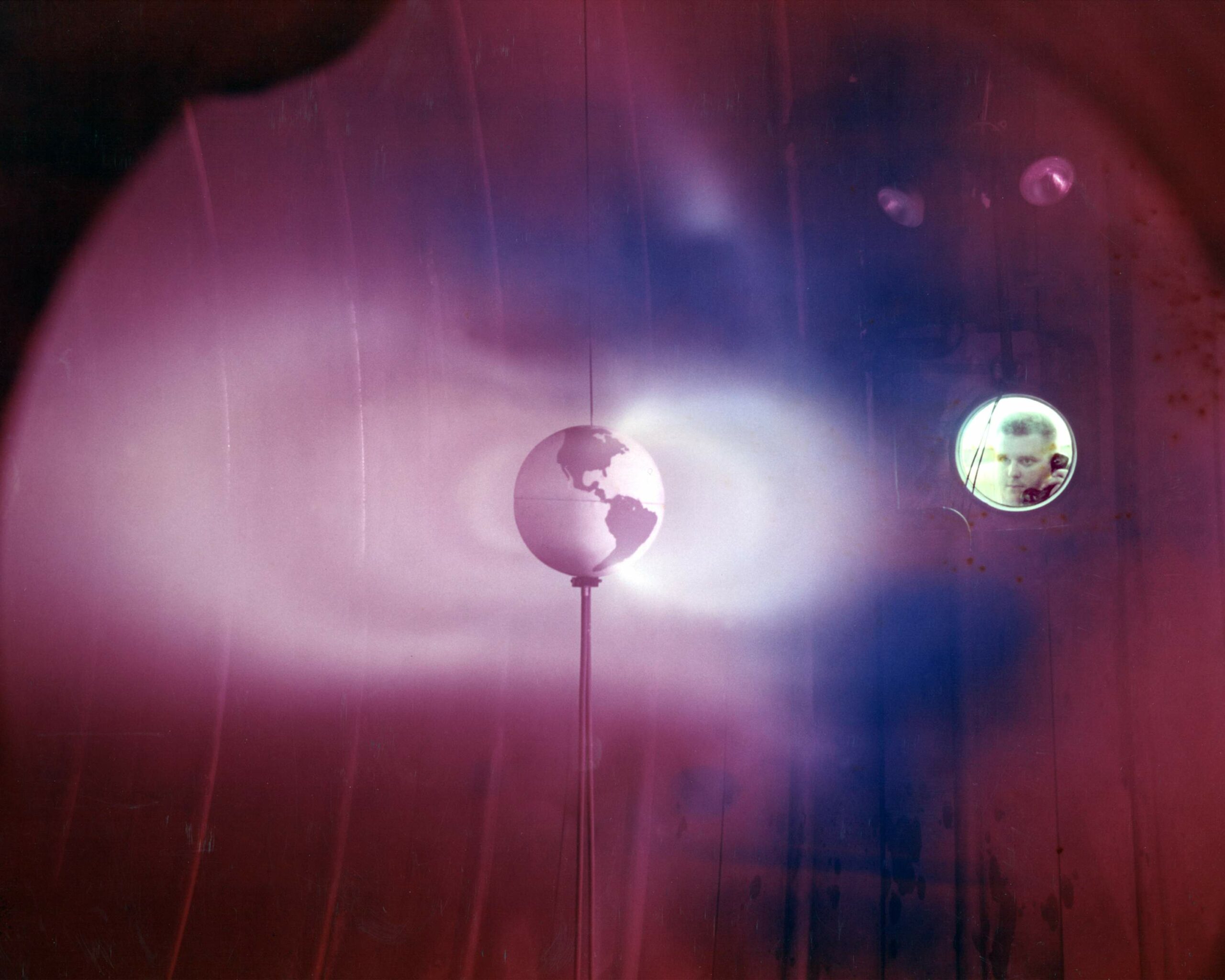China was relatively late to lunar exploration compared to the U.S. and the Soviet Union due to several historical, technological, and political factors:
- Economic and Technological Development Lag (1949–1980s)
- After the founding of the People's Republic of China in 1949, the country focused on internal stability, economic development, and military consolidation.
- The Great Leap Forward (1958–1962) and the Cultural Revolution (1966–1976) disrupted scientific progress and delayed space research.
- China lacked the industrial and technological base to support large-scale space exploration.
- Late Start in Space Programs
- While China launched its first satellite (Dong Fang Hong 1) in 1970, its space program lagged behind NASA and the Soviet space agency by more than a decade.
- The focus in the 1970s and 1980s was on basic satellite technology, missile programs, and human spaceflight rather than deep-space exploration.
- Political and Strategic Priorities
- The Cold War space race was primarily between the U.S. and the USSR; China was not a major player at the time.
- After the Cold War, China prioritized economic reforms under Deng Xiaoping, with space exploration taking a back seat.
- The government prioritized military satellite capabilities before deep-space exploration.
- Gradual Development of Space Capabilities (1990s–2000s)
- China’s modern space program only gained significant momentum in the 1990s with advancements in rocket technology.
- The country prioritized human spaceflight first (Shenzhou program) before focusing on deep-space missions.
- Moon Exploration Timeline
- China’s first lunar mission, Chang’e 1, was launched in 2007—decades after the Apollo program (1960s-70s) and Soviet Luna missions.
- Chang’e 3 (2013) was China’s first successful soft landing on the Moon.
- China has since accelerated its lunar program, leading up to the historic Chang’e 4 (2019) landing on the far side of the Moon and Chang’e 5 (2020) sample return mission.
Conclusion: China was late due to political instability, economic underdevelopment, and strategic focus on other priorities. However, since the 2000s, it has rapidly caught up and now leads in some aspects of lunar exploration.



